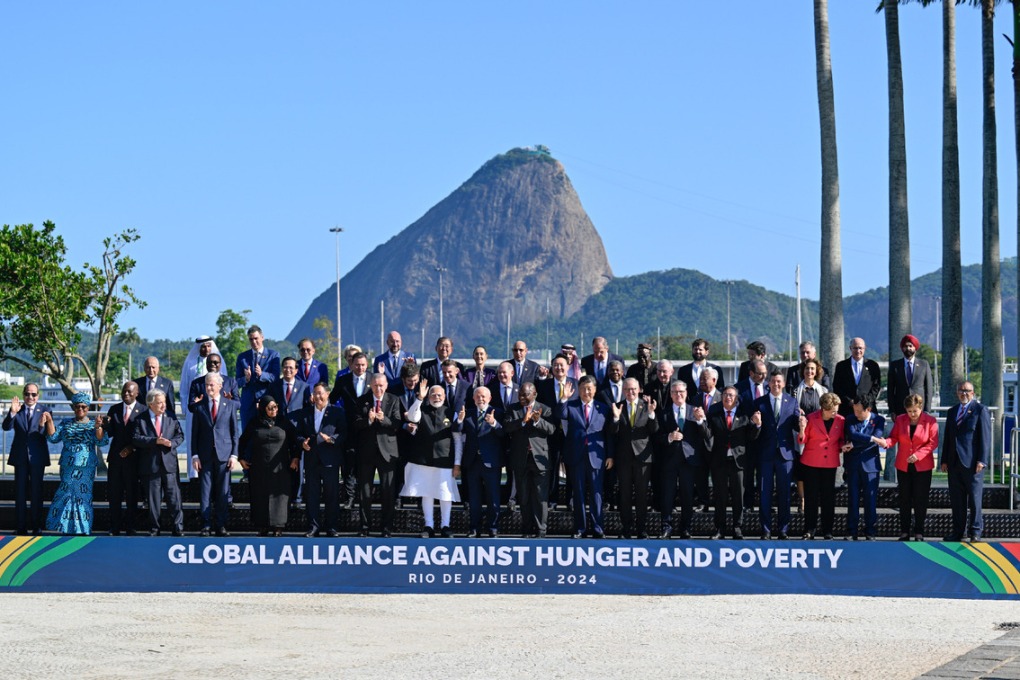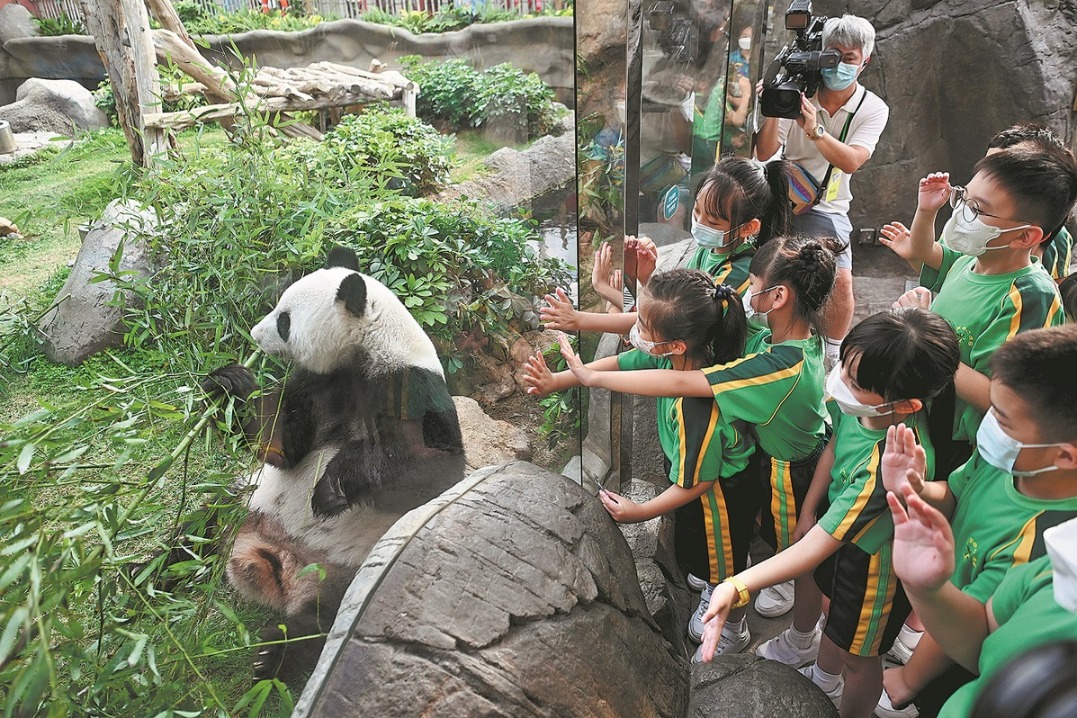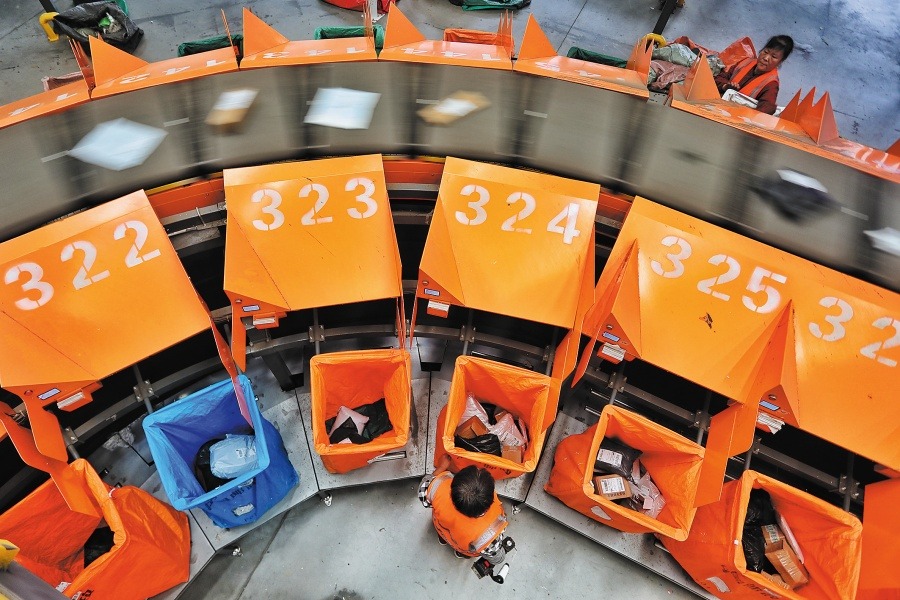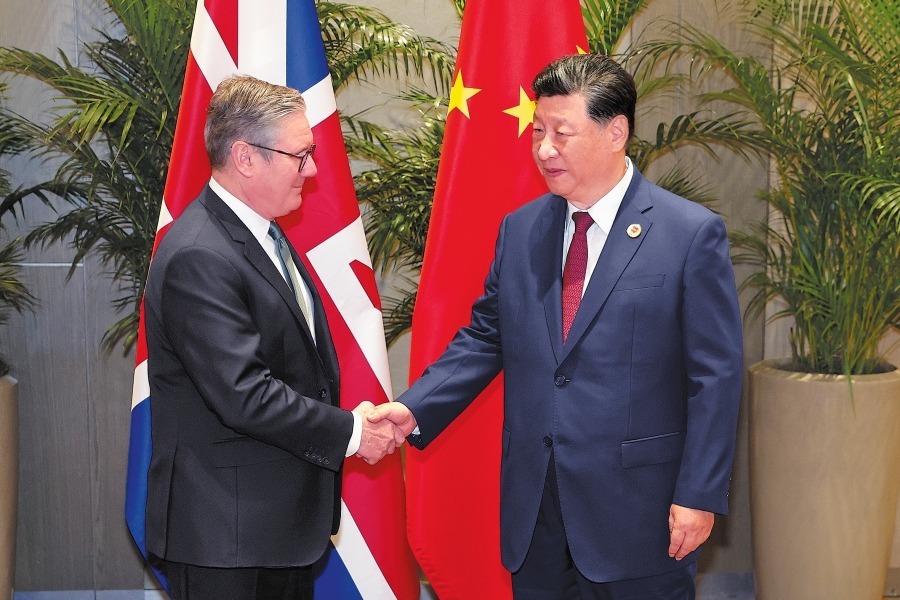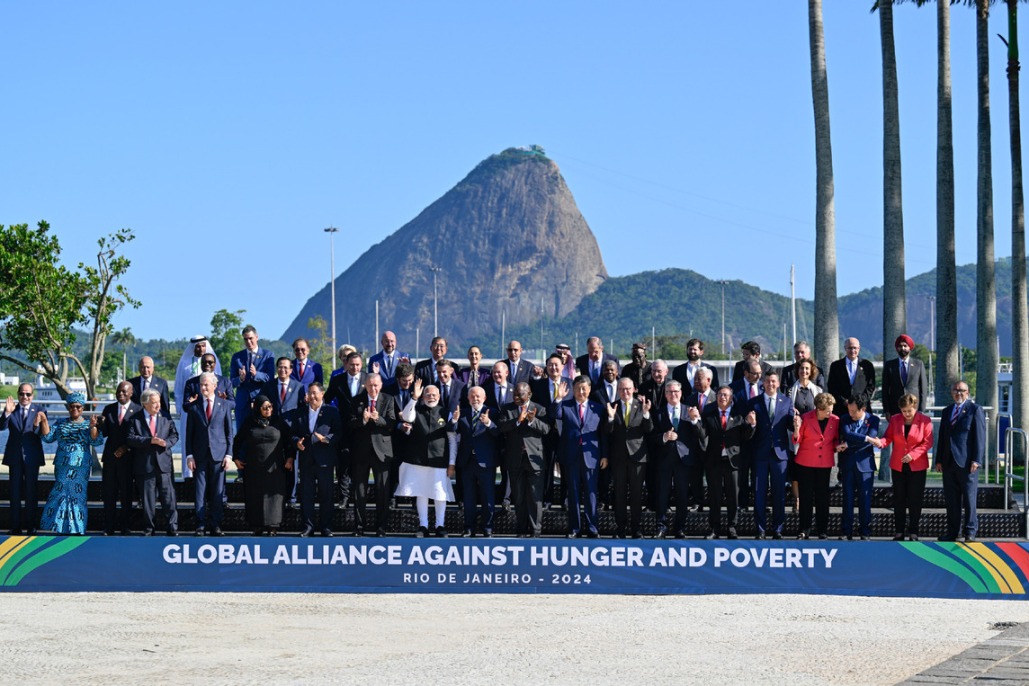Formula of happiness


The production team invited famous actors to play iconic figures throughout Chinese history in the series. Each episode begins with a scene in which they pose a series of questions to modern people. These are meant to inspire audiences to think about how China's development today echoes with lasting pursuits in Chinese civilization.
For example, Jia Sixie from the Northern Wei Dynasty (386-534), author of Qimin Yaoshu, the most completely preserved ancient Chinese agricultural text, is part of a teaser for the first episode. In the documentary, the character expressed a concern about how to maintain social prosperity and stability through booming agriculture, and modern farmers like Xu seem to have an answer.
Also shown in the first episode are farmers from Northeast China's Heilongjiang province. They use drones to smartly manage their farms, and in Jia's hometown Shouguang, Shandong province, his remote descendants use new logistics and economic models to help consumers and farmers at the same time.
"We can refer to traditional forms of documentaries, which would be simpler," Zhang says. "But this plan may build a closer connection with people's emotions. The dialogues going beyond space and time can demonstrate Chinese people's cultural lineage."
Ranging from Confucius, Tang Dynasty (618-907) poet Du Fu, to Shen Kuo, a polymath from the Northern Song period (960-1127), and Zhuge Liang, the military strategist from the third century, and Liang Qichao (1873-1929), a reformer, the documentary depicts people who are not just household names in China but had a historical depth to the tasks they undertook.
"Ancient people may lag behind modern society in specific technologies, but their exploration of wisdom can easily resonate with us," Zhang explains. "That's why it's natural to usher in the topic of 'smart manufacturing' through Zhuge Liang's story."
According to Zhang, international communication is also a highlighted theme of the documentary.
The examples of China-Kazakhstan cross-border trade, as well as a Thai entrepreneur in Kunming, Yunnan province, not only tell modern stories of happiness within the Belt and Road Initiative but also pay tribute to the earlier people who upheld the spirit of inclusiveness along the ancient Silk Road.
"As time goes by, people's understanding of happiness also evolves," Zhou Kui, an associate professor at the Communication University of China in Beijing, says. "Chinese people today use creative and modern ways to solve problems that once bothered our ancient ancestors, as is shown in the documentary. We, therefore, have a higher pursuit of development."














